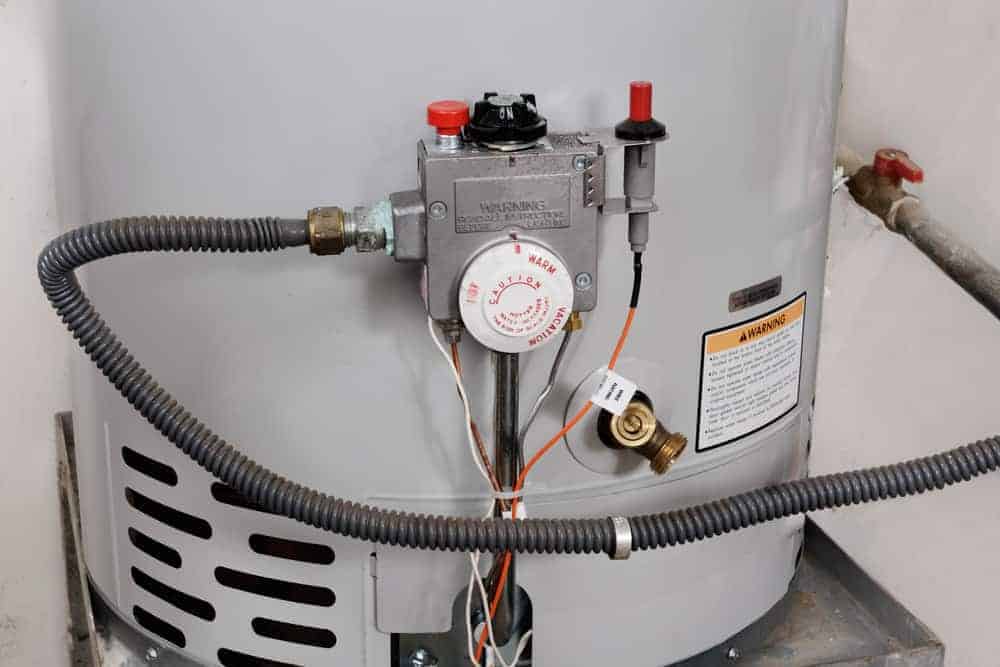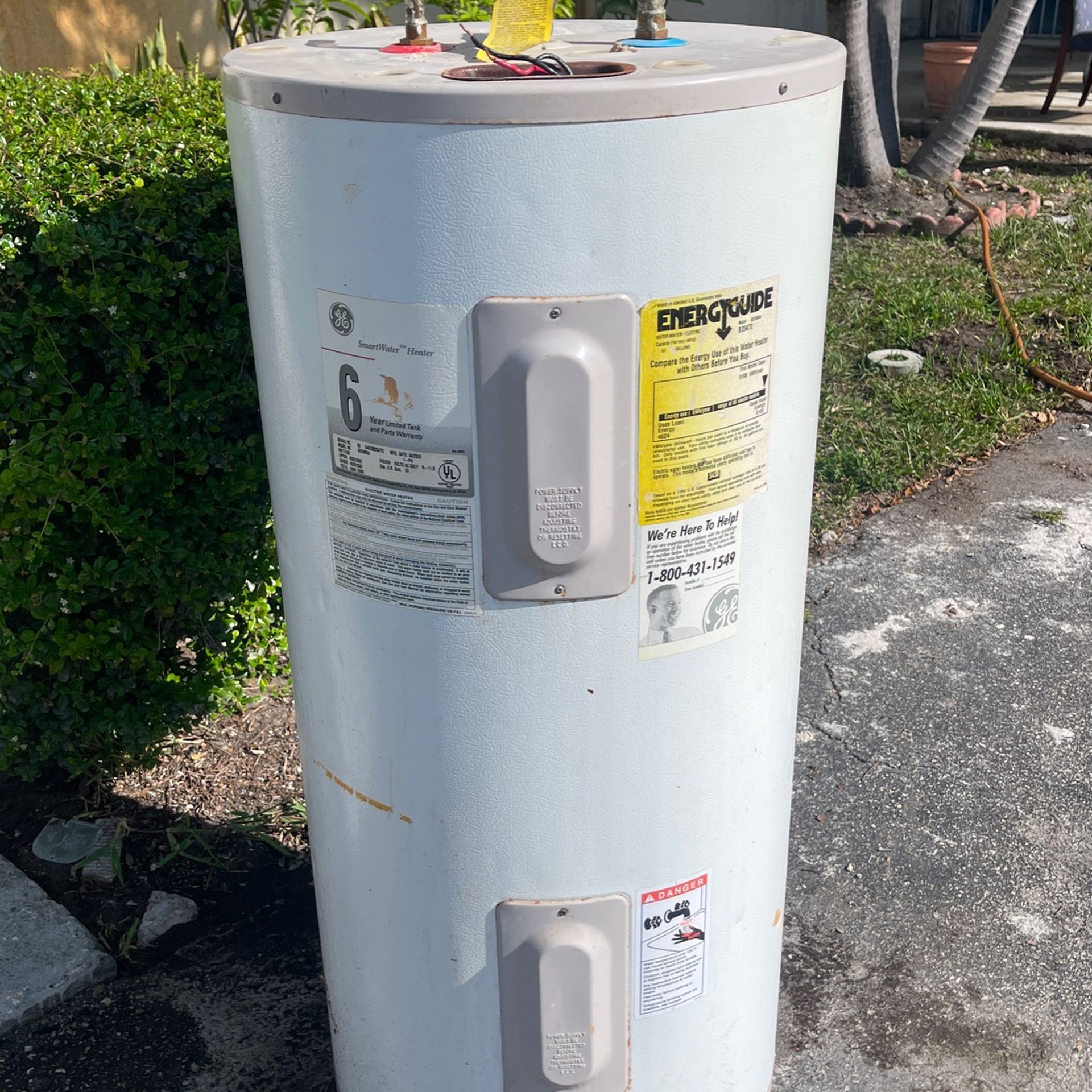Key Protocols for House Owners Confronting Problems with Malfunctioning Water Heaters
Key Protocols for House Owners Confronting Problems with Malfunctioning Water Heaters
Blog Article
Are you hunting for content concerning Maintaining & Draining a Water Heater?

Whether it is located in the basement or a different area, busted water heaters can cause tension. A common device holds 80 gallons, so an over night leakage will certainly bring about a flooding. This causes major residential property damages with drenched walls as well as floors. Having no hot water supply is also frustrating. If you are managing these problems, bear in mind of the following:
Shut Off Source Of Power
Before calling the plumber, closed off a gas water heating system by transforming the temperature dial. This will certainly stop electrocution, particularly if there is a leak as water is a conductor. Generally, the heating aspect closes off when the water strikes a particular temperature.
Cut Off the Cold Water Supply
Cut off the containers faucet water supply from the source. This goes from your major water line right into the tank. When your storage tank remains in good condition, the cold water stops filling out when the container is full. Yet considering that it is leaking, the water will certainly continue to stream. Shut the shutoff found at the top of the heating unit. Revolve this clockwise to close it off. You must turn off that main water supply line outside your home if you can not discover it or reach it.
Call the Plumber
After doing the initial two security actions, you have to call your plumber to come right away to take care of a fractured water heating system. There are usually indications that your aging water heating unit has sediment accumulation in the inside.
Rather, as soon as you identify these indications, have an expert come to inspect your water heater give thanks to. Commonly, water heating units have a life-span of about 8 to 12 years.
Tidy up Home
After calling the plumber, record damages by keeping in mind as well as photos so you can assert your home owner's insurance. From there, start the instant clean-up. Secure any type of crucial items to avoid more soaking. After that, remove any type of standing water to stop mold as well as mold development. If you have a completely submersible water pump, make use of that to drain the water. Otherwise, the standard bucket technique will certainly also function. Attempt to wipe out everything, consisting of walls and also wall surfaces. Maintain them running to keep air circulating if you have an electrical fan and also dehumidifier. This will assist prevent mold and mildew development.
Remember, if you see any kind of problems with your water heater, call the pros right now. You can not take this trouble lightly due to the fact that a faulty thermostat can elevate water temperature to an alarmingly high degree, bring about unexpected burns. A damaged heater pressure safety valve can likewise create an explosion. For ideal results, obtain a yearly check so your unit obtains inspected, cleaned up, drained pipes, and re-filled, assuring ideal efficiency.
Whether it is located in the basement or a separate space, damaged water heating systems can create stress and anxiety. Prior to calling the plumber, closed off a gas water heating unit by transforming the temperature dial. After doing the very first 2 security steps, you must call your plumber to come right away to fix a fractured water heating system. If you have a completely submersible water pump, utilize that to drain the water. Remember, if you see any type of problems with your water heater, call the pros right away.
Is My Water Heater Broken?
The Water Heater is Old
No appliance will last forever. This includes a home’s water heater. During its lifespan, residents are going to face a situation where a new water heater installation will be necessary. The biggest problem with this is that most people are not sure when their water heater expires. Not knowing this can lead to serious risks if the unit begins to act up due to old age.
Most makes and models of water heaters will last between eight and 10 years. While 10 years is the age when water heater replacement is highly recommended, the need to replace the unit may occur before this time or after. If the unit doesn’t show any symptoms of a problem, it is a good idea to replace it at the 10-year mark (from the manufacture date).
Some of the symptoms that indicate a new unit is needed include rusting, leaks, noises, and a failure to heat up the water. Also, note that not all units have a 10-year life expectancy. The main exception to this rule is that a gas unit will last for six to eight years.
Rusty Heater Inlet Valve or Water
While steel is the strongest material on earth, it does have a weakness – rust. If corrosion occurs on a steel surface, it will begin to spread and eat through the steel in certain areas. On water tanks and pipes that are made of steel, rust is a warning sign of an impending leak.
The issue for many is trying to figure out if the rust is coming from the water heater or the pipes that lead to the faucet. If rust is seen, it is a clear indication that water heater service from the professionals is needed.
If rusty water appears out of the faucets in the bathtub or sink, it likely means a rusty water heater. If there is rust near the water inlet or the pressure relief valve, rust has likely developed inside the tank. If tap water appears rusty, it may be an issue with the pipes.
Strange Sounds from the Water Heater
Are there strange sounds coming from the tank? As a water heater gets older, rumbling noises may develop and get louder and louder as the water in the tank heats up. In homes where large amounts of hot water are used, the issue is likely going to be even more obvious when more serious issues arise. If there is a strange or loud noise coming from the unit, it is probably because of sediment buildup. A good way to remedy this problem is by flushing the heater. If this does not work, then a new unit may need to be installed.
Leaks
As a water heater gets closer to the end of its useful life, there is a higher chance there will be water around the tank. If there is water, this usually means leaks are occurring. Based on where the unit is located in the home, a leak may result in serious property damage.
Leaks are usually caused by expansions in the metal tank. The expansions occur as time passes and as the inside body of the tank is exposed to multiple heating cycles per day. When a fracture forms, the gap will be slight enough to hold the water in; however, in more serious situations, this will not be the case. If the tank is idle, the water will not leak but when the metal expands during each heating system, small amounts of water will get through the gap.

We had been introduced to that report about Water Heater Burst from someone on another website. Do you know about another individual who is in to the niche? Do not hesitate to share it. Thanks so much for going through it.
Fast response, call now! Report this page